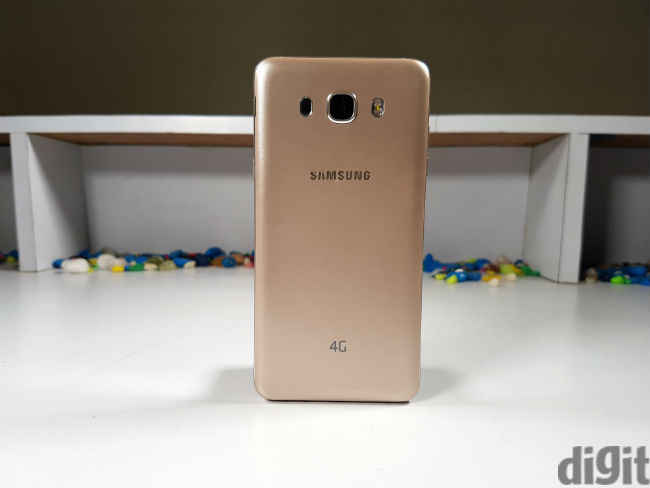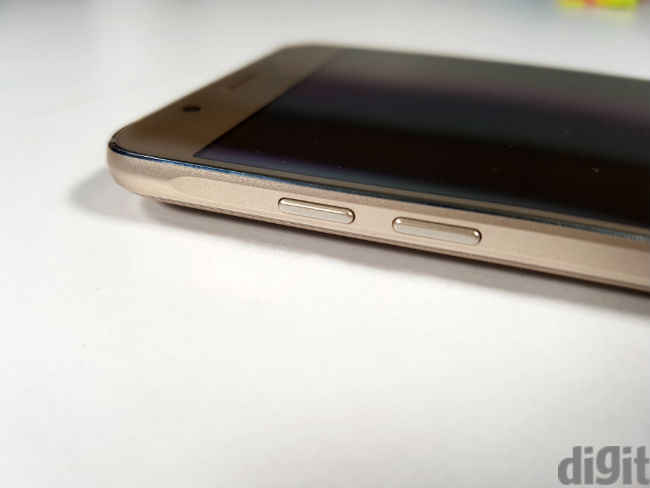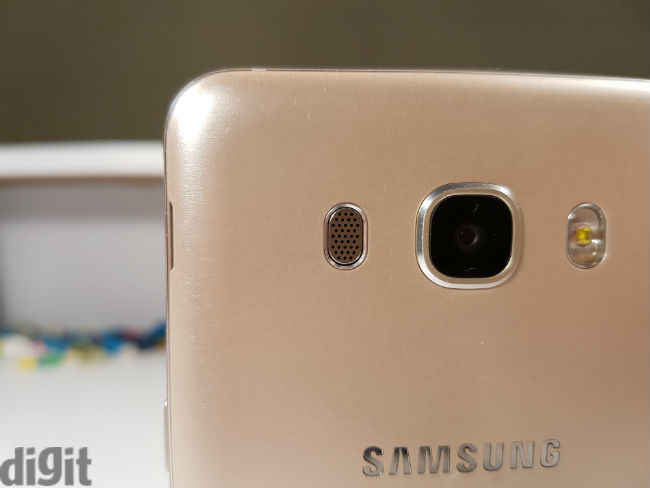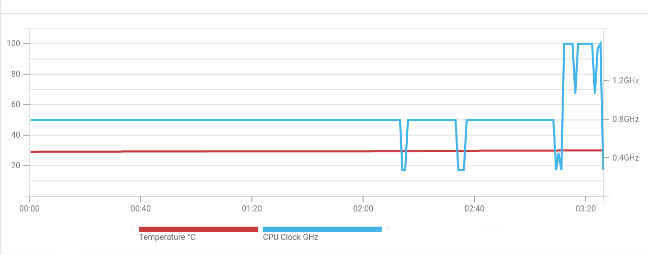Samsung Galaxy J7 2016 detailed review
The Samsung Galaxy J7 is perhaps more important to Samsung than its flagship phones this year. Why? Because its J series is the most selling smartphone series in India, Samsung claims. Mid-ranged and affordable devices are a high volume, low margin market, and they attract the biggest demand in India. As a result, the Samsung Galaxy J7 enters what is the most competitive market segment in the country right now, competing against some of the most popular smartphones.
Samsung is depending on its brand value and wide reach for selling this one, which is a wise strategy, given that the brand has arguably the widest network amongst smartphone makers in India. That said, the competition is catching up, and the Galaxy J7 isn’t the ideal performer that you would want to buy.
Build and Design:
As part of Samsung’s new design philosophy, started last year, the J7 carries a metallic frame with plastic on the back. It’s one of the few phones in the entire market right now, that allows you to remove the battery. The dual-4G SIM slots and micro-SD slot are all placed inside the back cover, alongside the 3000 mAh battery. The power on/off button is placed on the right side, exactly where your thumb would land. The volume rocker is on the left side of the phone, while the speaker is on the back. The Galaxy J7 is not amongst the loudest phones out there, and having the speaker on the back makes it cumbersome still.

It’s a utilitarian design to say the least. The Samsung Galaxy J7 looks and feels like a cheap phone. It costs Rs. 15,999, automatically positioning it alongside phones like the OnePlus X, Gionee Marathon M5, Lenovo Vibe S1 and more. All of these look and feel more premium than the Galaxy J7, while many of them are even available in the offline market.
The Samsung Galaxy J7 lacks that new phone feel, even when you’ve just unboxed it. We bought the gold unit, and it looks too mundane. Yes, looks are subjective, but I don’t see many appreciating the J7’s looks.


From a build purview, the Galaxy J7 isn’t shabby. There are no unwanted creaks, and it’s a solid enough build. It isn’t, however, an ergonomic device. The dimensions are a tad too big, at least for people with small hands.
Display
If there’s one thing Samsung has done right over the year, it’s the display. There’s a catch here, though. If you’ve been using lesser displays, like those on sub-7K Android devices, you’ll find this one to be an upgrade. Choosing between this and a Moto G4 Plus, you can’t help but notice the lower resolution. The Samsung Galaxy J7 comes in at 267 ppi, against the Moto G4 Plus or Xiaomi Redmi Note 3’s 401 ppi pixel density.
It’s still pretty great with the colours, though. The Super AMOLED display doesn’t oversaturate as much as you may expect, and the viewing angles are fine. Interestingly, the display is still somewhat reflective, and the sunlight visibility is not the best. Comparing to a Gionee Marathon M5, which also has a 5.5 inch 720p AMOLED display, colours look punchier on that, thanks to lesser reflectiveness.
I’m also iffy about the touch response of the display. The smooth and premium feel of Gorilla Glass is missing.
Performance
The Exynos 7870 also one of the better elements of the Galaxy J7, with respect to itself, of course. If you’re comparing side by side, with a Snapdragon 650 powered Xiaomi Redmi Note 3, or a Snapdragon 617 run Moto G4 Plus, you’ll be disappointed. To put it simply, the Galaxy J7 can handle most games and heavy tasks satisfactorily, but load times are higher. That said, in general gaming, you’ll be hard pressed to really find a noticeable difference, unless you’re playing heavy games over extended periods.
The Galaxy J7 is also quite good as heat management. In an air conditioned room, with the temperature at about 23-25 degrees, the phone never goes above 3-37 degrees, even at its highest clock speeds.

Where it really lacks, though, is in memory. The Galaxy J7 has 1.5 GB of RAM, half of what most of its competitors come with. Loading apps from memory will become slower over time, since the phone will keep closing apps in the background, too often.
Camera
Like the Samsung Galaxy J5, the J7’s 13MP camera is also not what we expected from Samsung. Of course, this isn’t a flagship device, and it would be wrong to expect S7 like camera, but we expected better.
Samsung Galaxy J7 Test Shots
Under outdoor daylight conditions, the Galaxy J7 does fine, as long as it’s bright and sunny. Even partially lower light, though, and images deteriorate drastically. Images lack sharpness and details, and under lower lights, noise increases further. To be clear, there are worse phones out there, but if you have this price budget, the Gionee Marathon M5 can do much better.
Battery
The Samsung Galaxy J7 is big, it renders a lower resolution display, and it’s quite underpowered. All of that adds up to immense battery life. On the Geekbench 3 battery test, the phone lasts for well over 16 hours and a half hours. Upon regular usage, you can easily get a full day’s battery life and much more, out of the Samsung Galaxy J7. If you use Samsung’s commendable Ultra Power Saving mode, this phone can even be taken up to over two days, for lighter users.
Bottomline
Sadly, battery life isn’t enough to recommend a phone. Moreover, even with its huge battery life, the Galaxy J7 can’t outperform the Gionee Marathon M5. That phone lasts still longer.
The Samsung Galaxy J7, like the J5, is underpowered and doesn’t match up to its competition. The Xiaomi Redmi Note 3 and Moto G4 Plus provide much better battery life than this device, while the Moto phone also has a better camera. If you need the battery life, the Gionee Marathon M5 would be our pick.
[ad_2]
Source link

Post a Comment